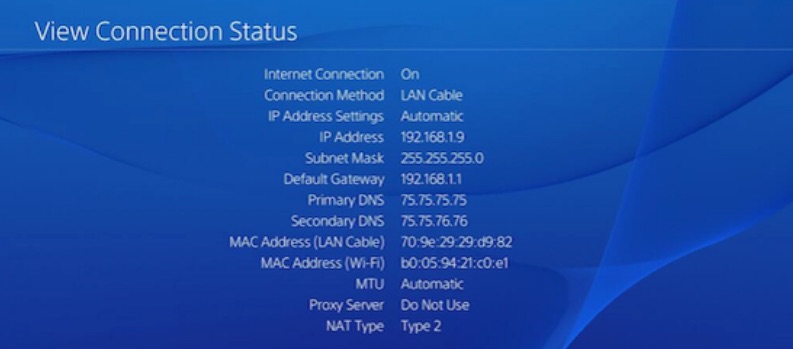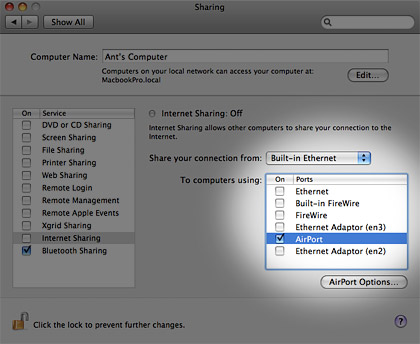

Other cyberthieves might try the Evil Twin attack. When you enter your credit card information to make a purchase online? The hacker can intercept your information. Often, this poorly secured router is in your hotel’s lobby or in that coffee shop you like.

To do this, hackers find an unsecured or poorly secured Wi-Fi router. In this type of attack, thieves intercept the data flowing from your laptop or smartphone before it gets to a bank, store, or other destination. Cybercriminals might set up a Man in the Middle attack. It can be easy for hackers to steal your credit card information when you’re using public Wi-Fi. But here are some examples of how your personal information can become compromised over public Wi-Fi. Potential consequences of using unsecured hotel Wi-Fi Browsing online for restaurants or local tourist attractions should be low-risk activities without a VPN, but avoid logging in to any sensitive online accounts. Even then, you should still be cautious about using the hotel Wi-Fi, unless you have a VPN to help protect your search history and personal information. When checking in, be sure to get the official name of the hotel’s Wi-Fi. And when patches for vulnerabilities are released for popular hotel routers, it may take a while for those patches to be implemented. There’s no guarantee that the person who set up the hotel’s Wi-Fi network turned on all the security features. As with airport Wi-Fi, hotel Wi-Fi hotspots are not always secure - even with a password.Īfter all, hotels specialize in hospitality, not information security. But don’t get too relaxed about using your hotel’s Wi-Fi network. You’ve made it to your destination and are ready to unwind. That might include your social media logins, bank account credentials, and credit card numbers. Without a trusted VPN - short for virtual private network - to encrypt your connection, any information you send or receive on public Wi-Fi could be vulnerable. Using specialized tools or fake hotspots, hackers could launch Man-in-the-Middle attacks to get in between point A (your device) and point B (a website) to intercept your valuable personal information.
#Use mac as internet hotspot for ps4 free
Unfortunately, even supposedly secured, password-protected networks aren’t necessarily safe for use.Ĭoffee shops could be havens for cyberthieves or others who want to eavesdrop on your online activities because people often connect to free Wi-Fi without thinking of the risks. Many cafes offer free Wi-Fi network access when we purchase a cup of java. Connecting to Wi-Fi at cafes and coffee shopsīesides offering us a caffeine boost, cafes are also good spots for us to charge our devices and catch up with our social networks while traveling.
#Use mac as internet hotspot for ps4 software
It’s safest not to log in to any sites that require a password, because hackers could be using software kits to capture yours.Īvoid websites that hold any of your sensitive information, like banking or financial institutions, or transactional sites - such as online retailers -on which you store credit card information. If you do decide to use free public Wi-Fi, be careful about the types of sites you visit. Anybody on the same network could spy on your information if they have the know-how When a Wi-Fi hotspot is unsecured, that means data you transmit or receive is unprotected. Some airports offer free, time-limited Wi-Fi, but whether it’s secure is always an unknown. If you’re flying to your destination, you may plan on catching up on emails or posting your status on social media. These include the Wi-Fi network at your airport, cafe Wi-Fi networks, and hotel Wi-Fi networks. Here are three top spots you’re likely to spend some of your travel time, and how-to tips for using public Wi-Fi safely at each one. Is hotel Wi-Fi safe? That’s a legitimate question to ask. But by using unsecured public Wi-Fi while you travel, you could be exposing data that could make your online accounts vulnerable and put you at risk for identity theft. You’d never leave your passport laying around your hotel room, giving others access to your personal information. Think of your mobile device as your online passport. But traveling safely today also means protecting yourself when using public Wi-Fi. There was a time when traveling safely meant securing your passport, keeping your wallet out of the hands of thieves, and making sure you didn’t lose your credit cards.


 0 kommentar(er)
0 kommentar(er)
